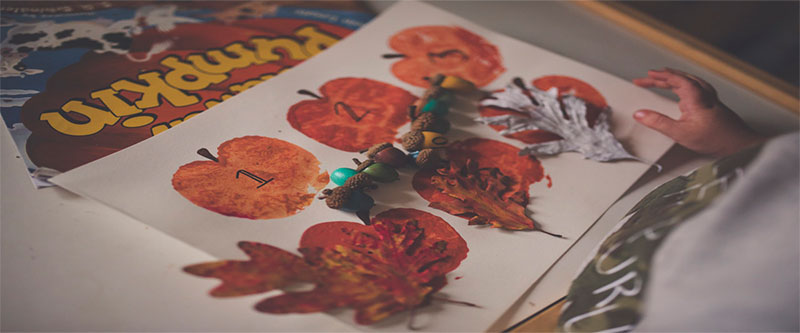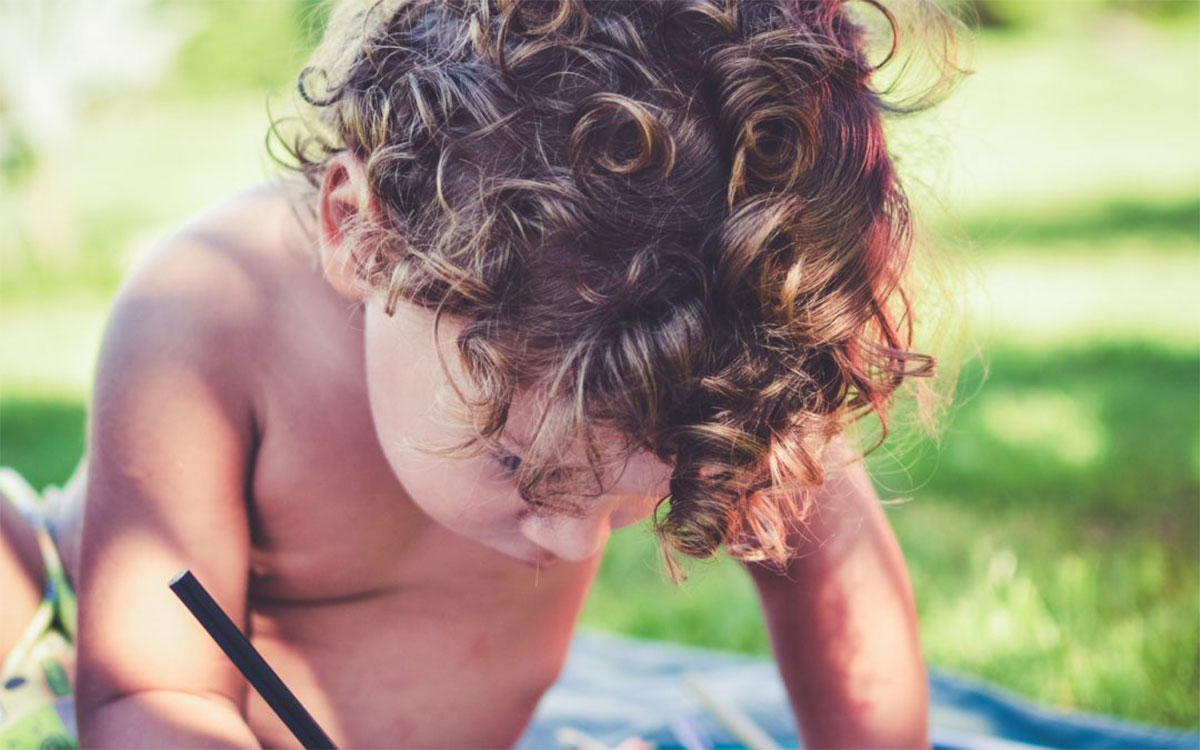How to develop creative thinking in young children?
Moulding Creativity
As they grow older, a child’s degree of a success depends on how well they handle creativity in young children the different challenges that life throws at them. Though some problems can be handled with experience and others with good advice, life puts you into tricky situations that demand an unconventional approach. Creative thinking is the key to untangle the complex knots of life. But how can you sow this creativity in your children?
Following passion
Sometimes we unintentionally limit our kids in a box of our own expectations. Give your children the freedom to follow their passion. It is observed that children who follow their interests are better at performing it than those who are compelled to do it. Pursuing their interests, keeps them actively engaged and nurtures creative thinking.
“There’s something about living life with passion and intensity, including the full depth of human experience that creates an environment conducive to creativity. In my own research, I found that affective engagement — the extent to which people are open to the full breadth and depth of their emotions— was a better predictor of artistic creativity than IQ or intellectual engagement,” says Scott Barry Kaufman in the Harvard Business Review creativity in young children
Whether your child is passionate about arts, mathematics or science; encourage them to explore their natural inclinations and provide them with an environment that enhances their strength.

Make choices
Give your kids the freedom to engage in activities of their choice. As parents, we are often so anxious to raise successful children that we pack their entire day with the activities we choose for them. Take a step back and allow them to think independently and make their own decisions. Young children have the ability to learn and absorb from the environment around them. Unstructured play is as important as the structured activities you plan for them. Children who are involved in unstructured activities get time to use their creativity and imagination. Research reveals that boredom sparks creativity. So it is important to let your kids enjoy the occasional boredom and activities that they love to do.
Involve them in problem-solving activities creativity in young children
You can preserve the inquisitive nature of your children by keeping them engaged in problem-solving activities. It is this curiosity which unleashes the creative thinking in your children. Creativity is not about accepting the conventional way of doing things. It offers you different perspectives with the opportunity to choose the best. You can make learning fun by encouraging them to play board games.
Don’t teach them conventional ways of solving a problem. Ask them the different ways in which they can approach a riddle. Creative mindsets are formed through stimulation in an environment that encourages problem solving.
There can be different ways of encouraging creativity and passion in your child, but it is important to find a caring environment which focuses on inculcating the love for learning in them. A preschool that recognises the uniqueness of your child and works towards guiding them on their individual path is crucial to the all round development of your children. The children’s house understands the influence of early years in the physical, social, emotional and intellectual development. A wide range of interesting activities like Tots Arts, Tots music, Tots Read and Tots Gym provide them an opportunity for exploration and problem-solving.

The Montessori Method of teaching
At The children’s house ensures a nurturing environment that focuses on the individual needs and development of your little one. It believes in respecting the child by giving him the freedom to select the material he wants to work with.
The children’s house focuses on the all round development of your child through activities and materials that drive passion and stimulate creative thinking in them. Above all, the method of teaching encourages them to become well rounded individuals who are contributing members of the society.

